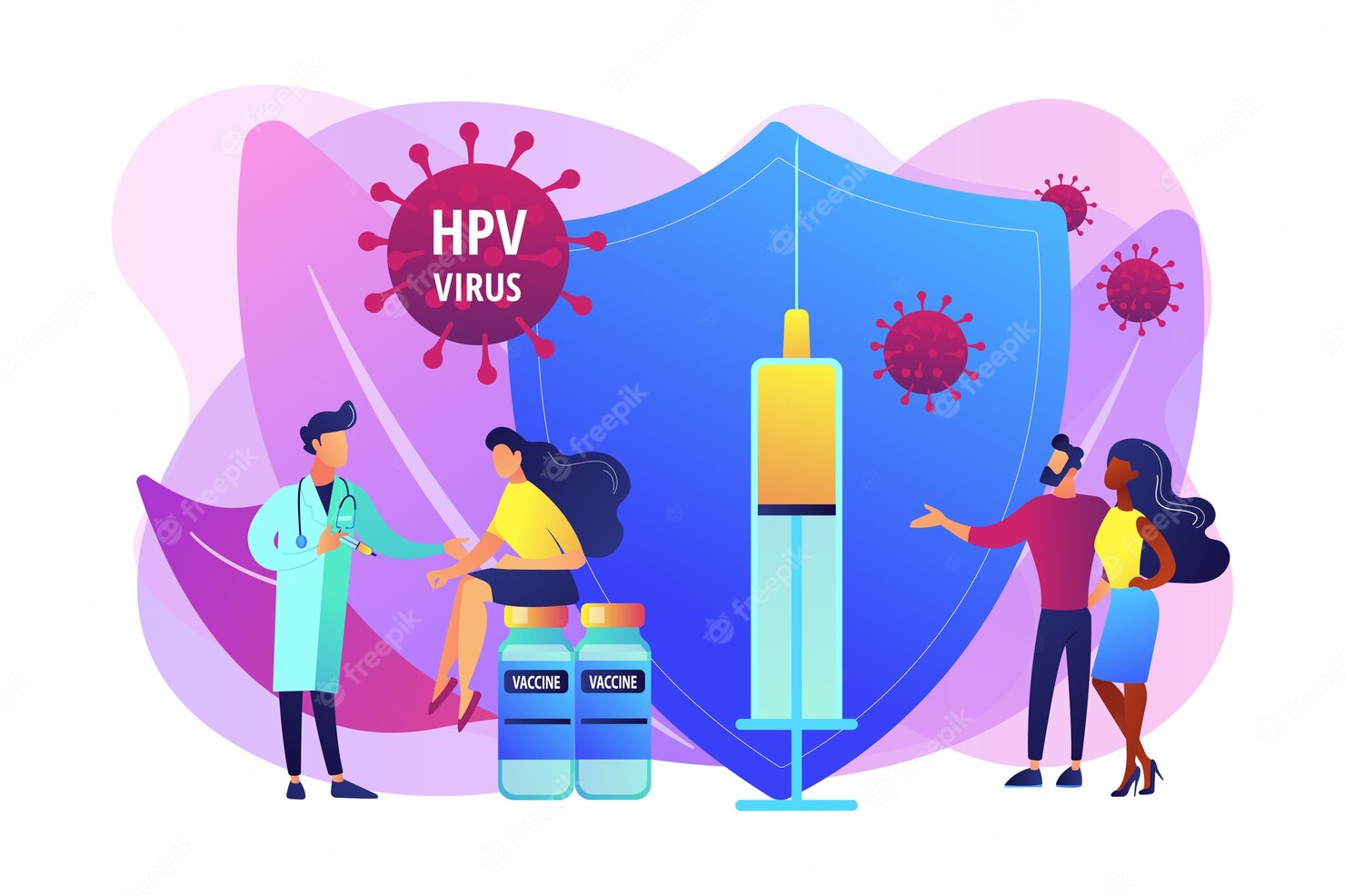January represents a perfect opportunity to raise awareness about HPV-induced cervical cancer. From this year onwards, the World Health Organisation (WHO) focuses on ending cervical cancer within a few generations.
Cervical cancer develops in a woman’s cervix, where 99% of cases are associated with high-risk Human Papilloma Virus (HPV), mostly HPV16 and HPV18. There are over 200 types of HPV. It can live in the mucosal tissues, in the mouth and throat, as well as the genitals. When symptomatic, it can cause genital warts, abnormal cells, and cervical and vulvar cancer. HPV-related cancers can affect the vulva, the vagina, the penis, the anus and oropharyngeal tissue. Cervical cancer stands amongst the most common cancers in women.
HPV is extremely common: around 80% of sexually active people, regardless of the number of partners throughout their life, will be exposed at some point to a strand of the virus. Although most infections are asymptomatic and resolve spontaneously, persistent infection can itself cause cervical cancer. HPV infects both men and women, thus both genders can develop some form of cancer once exposed to a persistent infection.
HPV can be spread through intimate skin-to-skin contact, but also through mucosal contact as in vaginal, anal and oral sex with infected individuals. Even condoms don’t prevent infections because the virus can live on the perineum skin. There are other risk factors that can increase the risk of developing HPV-related cancers, mostly unadapted and unhealthy lifestyles, as well as previous infections with Chlamydia and HIV-AIDS, a weakened immune system, and not conducting regular cervical cancer screening tests. The latter is to be seriously considered in order to efficiently detect, prevent and treat HPV infections and its potential oncological development.
WHO and partners strongly believe that with a comprehensive approach to awareness, prevention, screening and treatment, cervical cancer can no longer be a public health problem within a few generations.
Although easily detectable and treatable, cervical cancer significantly affects a woman’s quality of life. It tends to affect young people, either in their 40s when most have young children, or in their 20s-30s. The latter creates a more complex pattern, as cervical cancer treatment can severely alter their ability to childbearing. There are different treatment options, specific to the needs and circumstances, though radio-/chemotherapy remain the most common ones.
Therefore, it is fundamental to raise awareness about HPV and related cancers towards both men and women.
- From age 25, it is important for women to get screened through regular pap smears and other preventive tests. Regular screening can help find changes in the cervix that can be treated before aggravating. Doctors don’t recommend testing before the age of 25 because, at some point, a vast majority of patients will be positive to the virus, and will clear it on their own. There are currently no efficient and approved HPV screening tests for men. However, some doctors in the US are urging for anal pap smears in case of symptoms, though routine anal smears are still not recommended by the Center for Disease Control and Prevention (CDC).
- HPV vaccination campaigns (in Europe, 2 doses of Gardasil 9) are directed at pre-puberty girls (between 9 to 15 years old), before they become sexually active. It is still possible to get vaccinated before the age of 26, although the efficiency of the vaccine is slightly reduced. Vaccination at the recommended ages will help prevent more cancers than at older ages. However, people who have been vaccinated are not exempt from regular pap smears and screening.
Although condoms aren’t 100% effective at preventing infections, they drastically decrease risks of STIs being risk factors in developing cervical cancers (for example, as mentioned above, HPV, Chlamydia and HIV-AIDS). We should contribute to building stronger and healthier communities by improving access to HPV vaccination, regular screening, treatment for cervical pre-cancer and management of cervical cancer.
Rita Brunner
Further readings :
WTO – Cervical Cancer Awareness Month, 2023
International HPV Awareness Day Campaigns
Princeton GYN – International HPV Awareness day
Image : © Freepik

